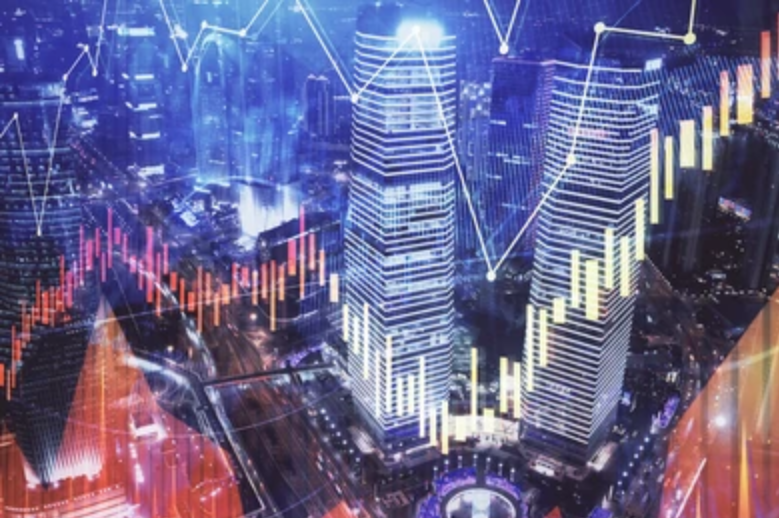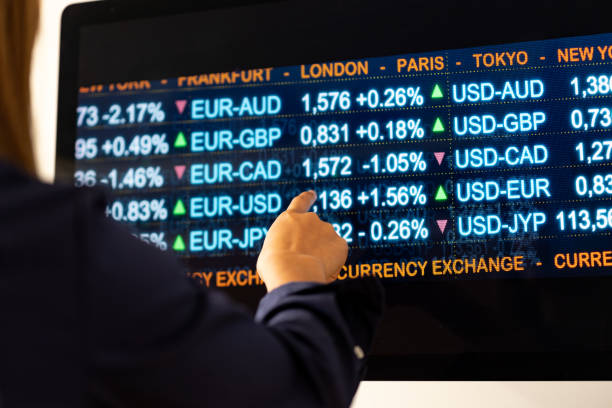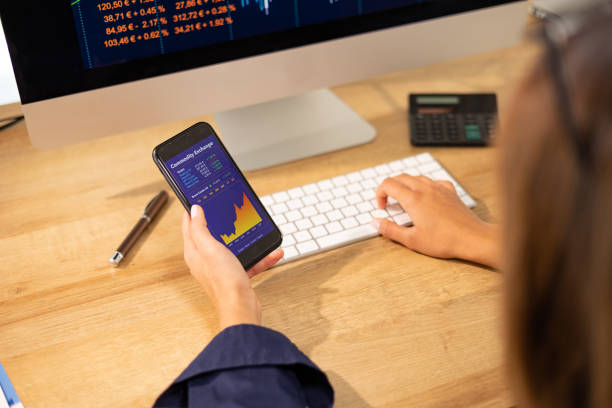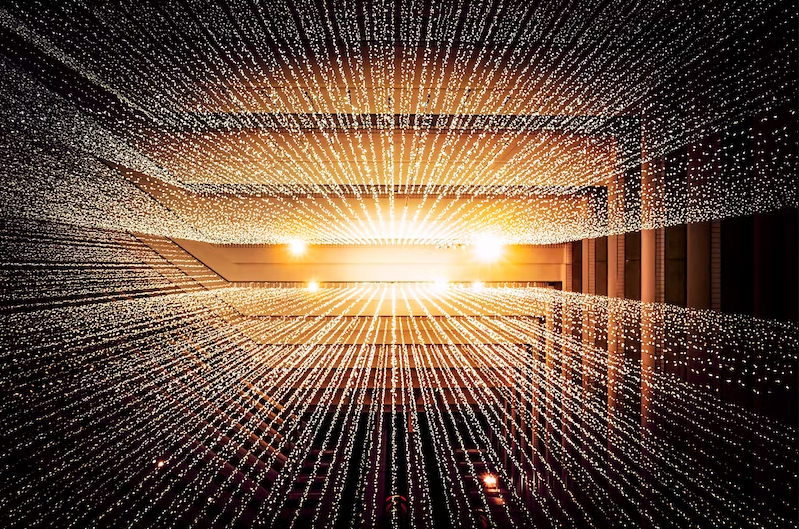Kazakh president: Forming multi-polar world painful, but reason will prevail
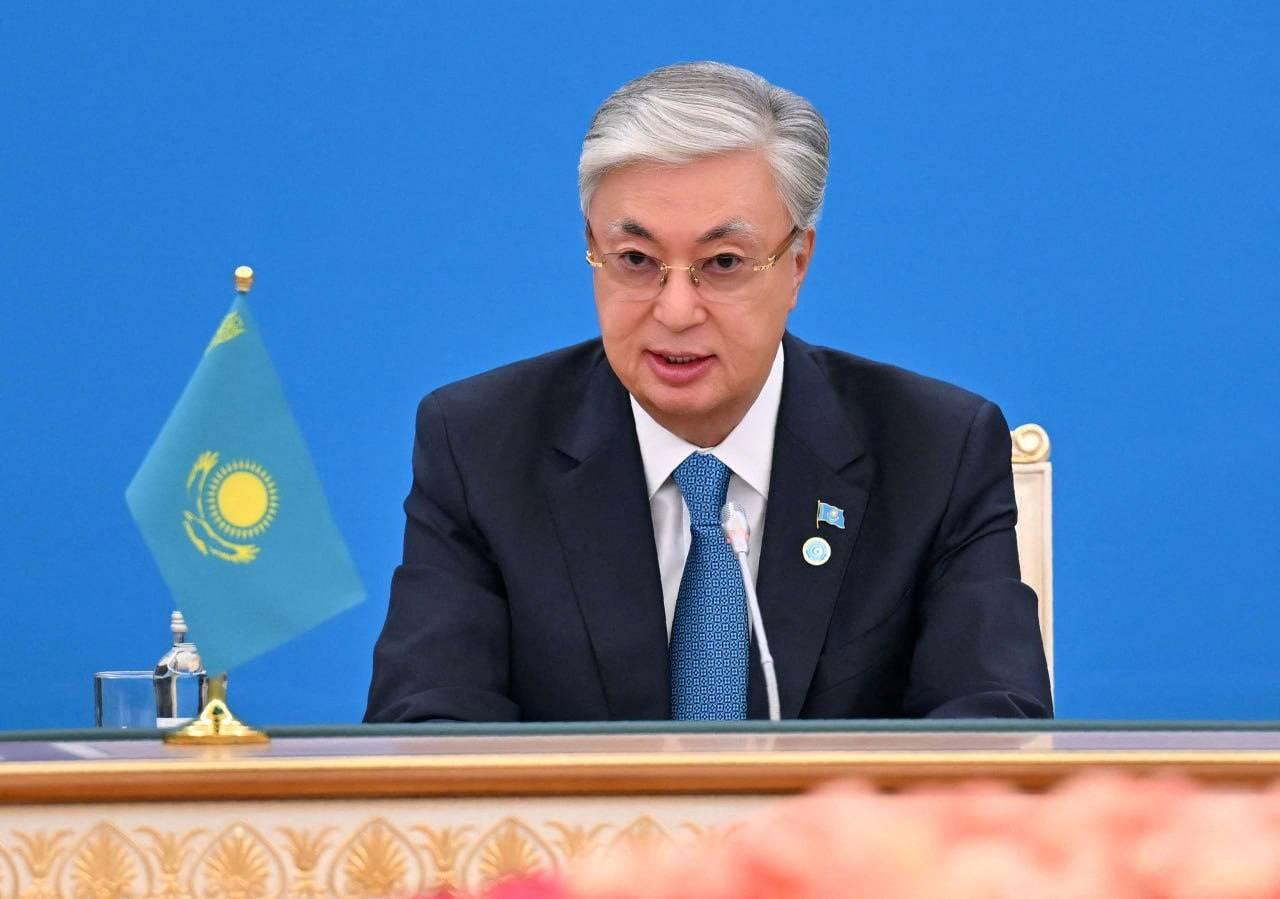
Kazakh President Kassym-Jomart Tokayev attends the Meeting of the Council of Heads of State of the Organization of Turkic States in Astana, Kazakhstan, November 3, 2023. Press Service of the President of Kazakhstan/Handout via REUTERS/File Photo Acquire Licensing Rights
Nov 7 (Reuters) - The formation of a base for a multi-polar world order is proceeding with extreme difficulty amid conflict in different parts of the world, Kazakh President Kassym-Jomart Tokayev said in an interview published on Wednesday.
But Tokayev, interviewed by the Russian daily Izvestia, said he believed world tensions would subside and be replaced international cooperation focusing on a reformed United Nations.
"As we see, the formation of the architecture of the modern multi-polar world is proceeding extremely painfully," Tokayev told the daily ahead of a visit to Kazakhstan this week by Russian President Vladimir Putin.
"And against a background of conflicts in widely separated parts of the planet, confrontation over sanctions and trade wars, it is hard to be optimistic."
Kazakhstan has remained close to Russia in the post-Soviet era, but has maintained a balanced position on Russia's invasion of Ukraine. It has not recognised Russia's annexation a little more than a year ago of chunks of Ukrainian territory.
Tokayev told Izvestia the U.N. would play a central role in international relations once tensions eased.
"I believe, however, that reason and cooperation will prevail over the bloc mentality and egoism. That has repeatedly occurred in world history. In the end the global community will move towards a 'long-term sustainable peace'," he said.
Tokayev said the Global South and North had to achieve "a common denominator of joint trust" with reforms to the U.N.
"The organisation is subject to growing criticism linked to the need for internal reform," he was quoted as saying. "The many crises in different parts of the world have exposed the U.N.'s vulnerability in its attempts to resolve them."
Putin, interviewed before his visit by the Kazakhstanskaya Pravda daily, praised the two countries' efforts in the eight-nation Shanghai Cooperation Organisation where he said the main trend was the "formation of a new, more just world order based on the priority of international law".
He also praised other bodies composed of ex-Soviet states, including the Commonwealth of Independent States and the six-nation Collective Security Treaty Organisation - which sent troops to Kazakhstan in 2022 to help Tokayev quell civil unrest.
Putin said Russia viewed as vital the "creation in Eurasia of a single space for peace, stability and prosperity".
Reporting by Lidia Kelly in Melbourne and Ronald Popeski in Winnipeg; Editing by Lincoln Feast
Our Standards: The Thomson Reuters Trust Principles.
How do futures traders review their trading?
Futures trading is a form of financial speculation that involves buying and selling contracts that represent the future delivery of an asset, such as a commodity, a currency, an index, or a stock. Futures traders aim to profit from the price movements of the underlying asset, without actually owning
Futures night trading hours
Futures are contracts that obligate the buyer or seller to exchange an asset or commodity at a specified future date and price. They are used for hedging, speculation, and arbitrage purposes in the global market. Futures can be based on various underlying assets, such as currencies, commodities, ind
How can futures efficiently increase the success rate of intraday trading?
Intraday trading is a form of trading that involves buying and selling securities within the same trading day, without holding any positions overnight. Intraday traders aim to profit from the short-term price fluctuations of the market, using various tools and strategies to analyze and execute trade
What are the factors that can affect how much money can be made in futures?
Futures trading is a form of financial speculation that involves buying and selling contracts that represent the future delivery of an asset, such as a commodity, a currency, an index, or a stock. Futures traders aim to profit from the price movements of the underlying asset, without actually owning





